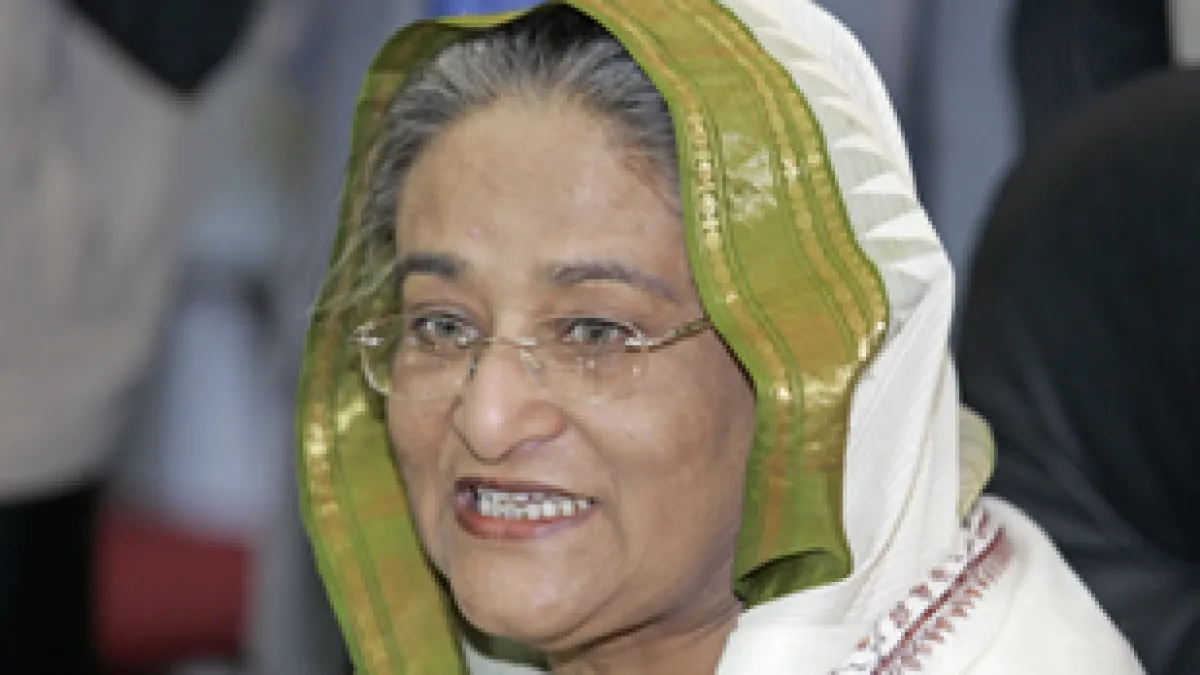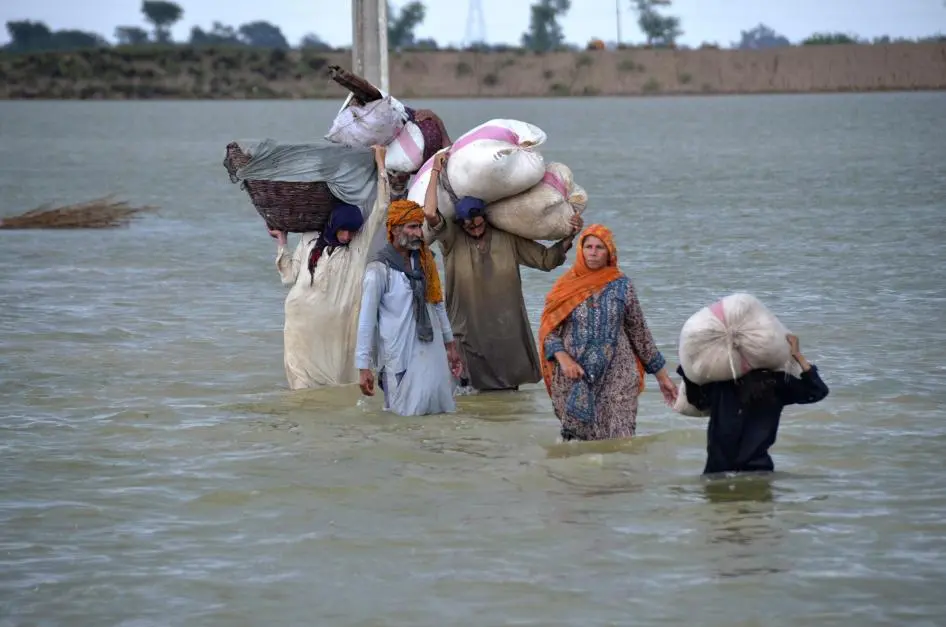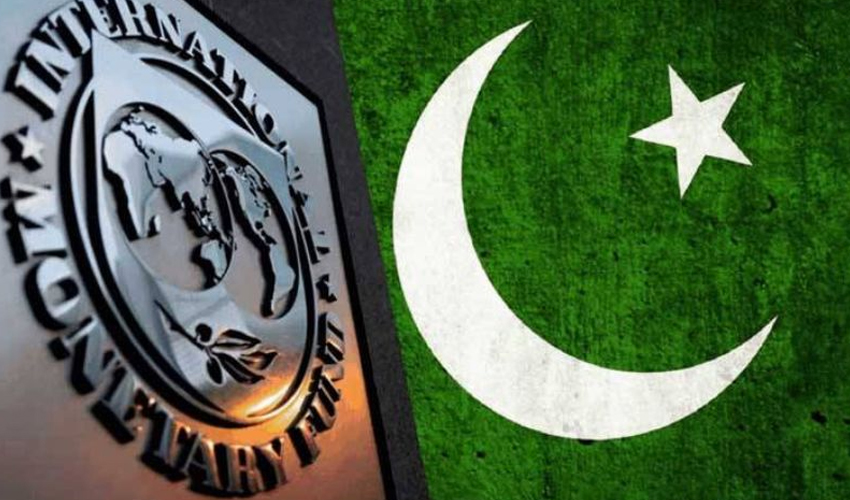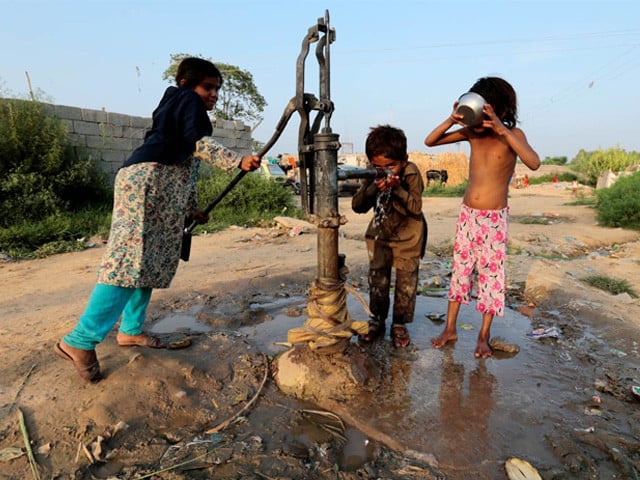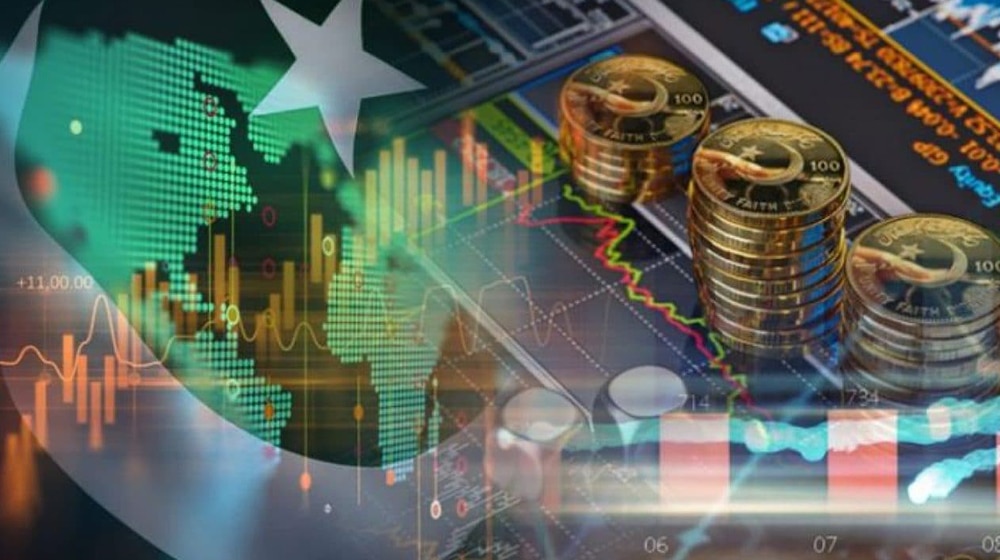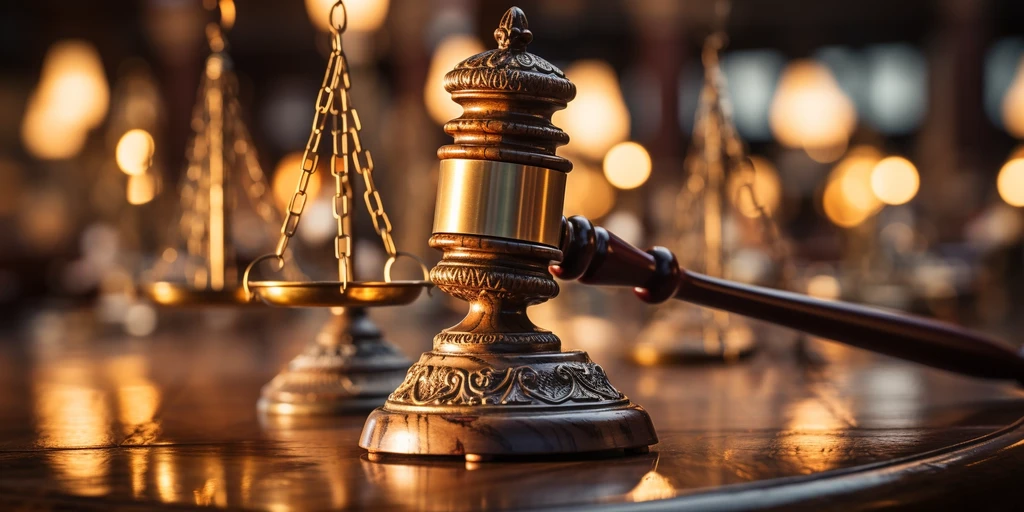Shahzad Ahmed
A political system is vital for the governance of a country. A political system comprises the structures of legislature, executive and judiciary. Therefore, the organs of a government are vital for developing a political system. Then, the role of political parties, establishment, bureaucracy and civil society is also significant. A political system represent an evolution of political trends, power and the inclinations of the people.
Pakistan’s political landscape has been as tumultuous as it has been diverse, reflecting the complex interplay of ethnic, regional, and ideological forces within the country. Here’s an exploration into the dynamics that shape Pakistan’s political system:
Historical Context and Formation: Since its inception in 1947, Pakistan has oscillated between democratic governance and military rule. The initial years post-independence were marked by the struggle to define a national identity, which was complicated by the loss of East Pakistan (now Bangladesh) in 1971. This period saw the emergence of key political figures like Muhammad Ali Jinnah, whose vision for Pakistan was significantly influenced by his untimely death, leaving the political structure in a state of flux.
Political Parties and Ideologies: The Pakistan People’s Party (PPP), founded by Zulfikar Ali Bhutto, introduced a socialist agenda, aiming for rapid modernization and economic reform, starkly contrasting with the religious and conservative ideologies of parties like the Pakistan Muslim League (PML). Over the decades, the PML has fragmented and reorganized, with factions like PML-N (Nawaz) becoming significant due to their strong voter base in Punjab. The rise of Imran Khan’s Pakistan Tehreek-e-Insaf (PTI) introduced a new dynamic, focusing on anti-corruption, justice, and a more inclusive national identity, which resonated with a significant portion of the youth and urban middle class.
Military Influence: One cannot discuss Pakistan’s political system without acknowledging the military’s role. Historically, military interventions have been justified under the guise of stabilizing the nation during political crises. This has led to a unique power dynamic where the military, while not overtly in control, significantly influences policy, especially concerning national security and foreign relations. The military’s involvement has often been criticized for undermining democratic processes, yet it’s also seen as a stabilizing force in times of political chaos.
Regionalism and Ethnic Politics: Pakistan’s federal structure grants considerable autonomy to its provinces, leading to regional politics playing a crucial role. Parties like the Muttahida Qaumi Movement (MQM) in Karachi, or regional movements in Balochistan and Sindh, highlight how ethnic and regional identities can overshadow national politics. This regionalism often leads to demands for greater provincial autonomy, which can either strengthen federalism or lead to tensions if not balanced with national cohesion.
Recent Developments: The elections of recent years have shown a shift. PTI’s rise, despite controversies and allegations of rigging, indicates a public desire for change, focusing on anti-corruption and governance reform. However, the persistence of the same government despite electoral outcomes suggests deep-seated issues with the electoral process or the acceptance of election results, pointing towards systemic challenges in transitioning power democratically.
Challenges Ahead:
- Democratic Stability: Ensuring that elections lead to actual power transitions without military or judicial interventions remains a challenge.
- Economic Reforms: Political stability is closely tied to economic performance, where corruption, economic disparities, and external debt pose significant hurdles.
- Social Cohesion: Balancing the diverse ethnic, linguistic, and religious identities while promoting a unified national identity continues to be a delicate task.
Pakistan’s political system is a tapestry of historical legacies, military influence, regional dynamics, and evolving political ideologies. While the country has made strides towards democracy, the journey is fraught with challenges that require not just political will but also a societal consensus on what Pakistan’s identity and governance should look like in the modern world. The dynamics of Pakistan’s political system are not just about power but about the ongoing quest for identity, stability, and progress in a region of perpetual change.






